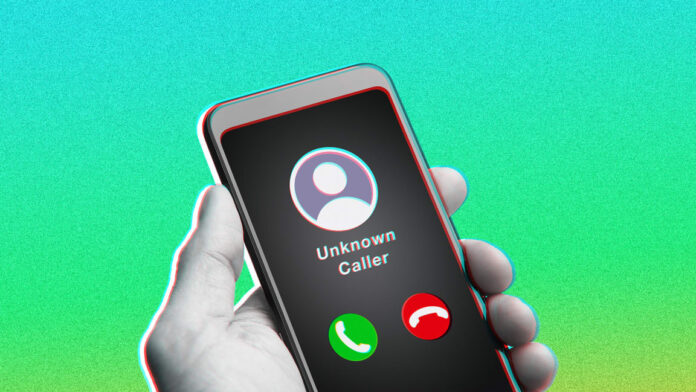Are you tired of receiving robocalls? Help may be on your way Wednesday.
Wednesday is the federal deadline for phone carriers to implement anti-robocall technology under the Telephone Robocall Abuse Criminal Enforcement and Deterrence (TRACED) Act, signed into law in December 2019.
A robocall sounds like an automated recording at the other end of the line. They are using robocalls to promote or selling something. Often times, robocall is an illegal scam. And federal regulators are starting to get tough with them.
Beginning Wednesday, major U.S. providers including AT&T, Verizon, T-Mobile, and Comcast are required by the Federal Communications Commission to implement technology known as STIR/SHAKEN to prevent rampant spam calls.
According to FCC, STIR/SHAKEN is a framework of interconnected standards. STIR/SHAKEN are acronyms for the Secure Telephone Identity Revisited (STIR) and Signature-based Handling of Asserted Information Using toKENs (SHAKEN) standards. This means that calls traveling through interconnected phone networks would have their caller ID “signed” as legitimate by originating carriers and validated by other carriers before reaching consumers. STIR/SHAKEN digitally validates the handoff of phone calls passing through the complex web of networks, allowing the phone company of the consumer receiving the call to verify that a call is in fact from the number displayed on Caller ID.
Over the first five months of this year, Americans have received about 22 billion robocalls and are on pace to see 52 billion by the end of the year, according to robocall blocker YouMail.
In 2019, the Telephone Robocall Abuse Criminal Enforcement and Deterrence Act made compliance with STIR/SHAKEN mandatory and directed the FCC to establish rules requiring providers to implement the technology within 18 months.
FCC rules require providers to implement STIR/SHAKEN in the Internet Protocol (IP) portions of their networks by June 30, 2021, so that Americans can benefit from this important technology and start to have faith in their phone calls again. In September 2020, the FCC further implemented Congressional direction from the Pallone-Thune Telephone Robocall Abuse Criminal Enforcement and Deterrence Act (TRACED Act) and adopted more rules to ensure that even those providers unable to implement STIR/SHAKEN right away are still taking steps to protect their customers from illegal robocalls.
As of April 20, 2021, the FCC requires that all providers certify in the Robocall Mitigation Database that they have fully implemented STIR/SHAKEN or have instituted a robocall mitigation program to ensure that they are not originating illegal robocalls.
All providers are required to submit to this public database the contact information for the personnel at their company responsible for robocall-mitigation related issues. And those providers certifying to their implementation of a robocall mitigation program are required to include descriptions of the reasonable steps they are taking to avoid originating illegal robocall traffic.
Filings in the Robocall Mitigation Database are due June 30, 2021.
“Finally, because the STIR/SHAKEN framework is only operational on IP networks, Commission rules also require providers using older forms of network technology to either upgrade their networks to IP or actively work to develop a caller ID authentication solution that is operational on non-IP networks,” the FCC said in a statement.
By law, all phone companies must notify the regulators by Wednesday where they stand on implementing the technology.
A global media for the latest news, entertainment, music fashion, and more.


